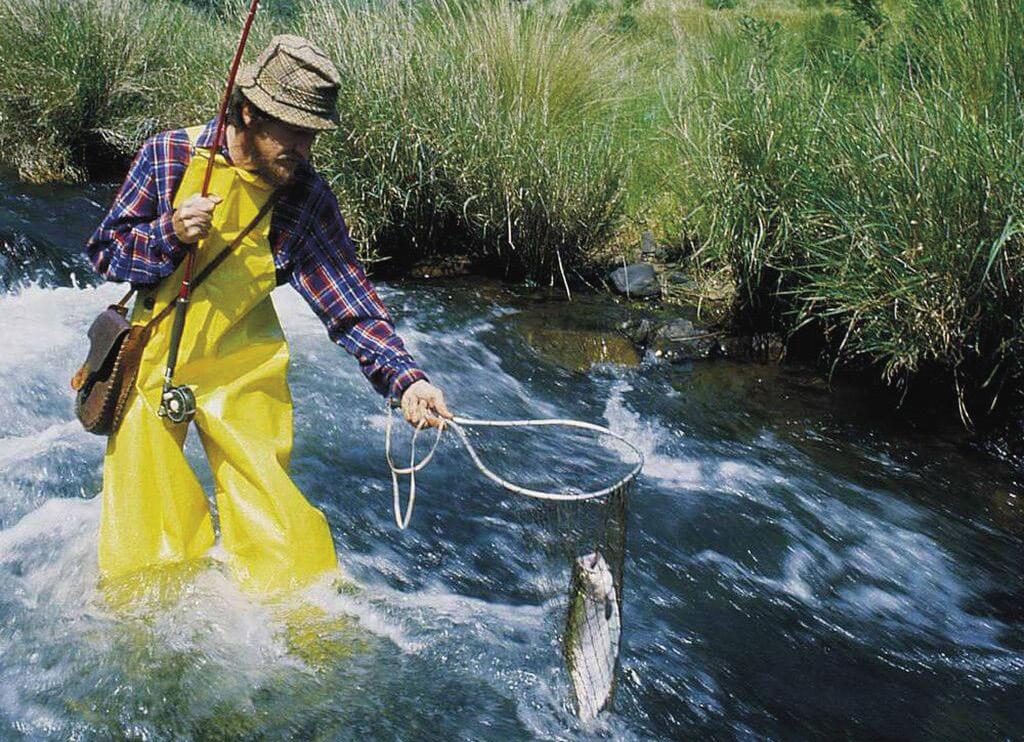SPECIAL FEATURE
Industrial parks and Special Economic Zones Dedicated zones and good rates are encouraging manufacturing.
A Forestry Industrial Technology Park at Sabie will increase the value derived from the province’s trees.
S
outh African industrial planners are creating industrial parks and Special Economic Zones (SEZs) as a means to cluster together businesses that can benefit from proximity to one another and as a way to boost local manufacturing through incentives and tax rebates. The policy aims to attract new skills and develop new industries. Key goals behind the establishment of SEZs are: • to encourage industries to develop in clusters, leading to economies of scale, skills-sharing and easier access by suppliers • to create industrial infrastructure to promote investment • to promote cooperation between the public and private sectors • to use the zones as a launching pad for other developments.
Ebrahim Patel, Minister of Trade and Industry, meets trainees at the Highveld Industrial Park.
MPUMALANGA BUSINESS 2019/20 2017/18
18
Apart from attracting foreign direct investment (FDI) and boosting employment, SEZs can also play a role in adding new sectors or sub-sectors to an economy. Various industrial parks (private or public) are pursuing similar goals. The emphasis in most of these initiatives is on beneficiation, mainly of minerals but also of agricultural products. South Africa’s most recent Industrial Policy Action Plan (IPAP) has a manufacturing focus, so beneficiation supports the diversification of the economy. A good example of the thinking on this subject is illustrated by the focus on forestry of the Mpumalanga Department of Economic Development and Tourism (DEDT). The department wants Mpumalanga to follow the example of Finland where every part of a tree is processed into products that have value. A memorandum of understanding signed by South Africa with Finland holds potential for Mpumalanga, as does the planned creation of a Forestry Industrial Technology Park at Sabie. DEDT has also asked the state forestry company, SAFCOL, to relocate its head offices to the province. SAFCOL is South Africa’s thirdlargest state-owned enterprise (SOE) and it had revenues in 2017/18 of R926-million.















